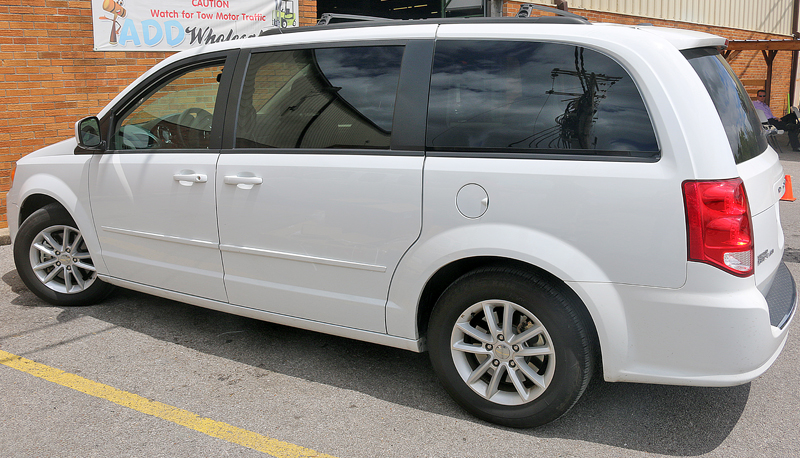This is a tale of two rental car facilities of the same brand which are only approximately 21 miles away from each other. One facility quotes a rate of $232.89; while the other quotes a rate of $104.05. Other than the fact that the car rentals are at different facilities, both car rentals would be for one week, using the exact same criteria — including but not limited to dates and times of the rental; class of vehicle to be rented; and discounts applied. Both rental car facilities are local — meaning that neither location is near a major airport.
Why is One Weekly Car Rental $128.84 More Than The Other With Exact Same Criteria?
I had my thoughts on why renting a car from one location was greater than double the price of renting a car from the other location. For example, perhaps availability of vehicles was significantly more scarce at the more expensive location.
Still, I wanted to find out for myself — so I called the rental car facility offering the more expensive rate and asked why a car rental with the exact same criteria would cost $128.84 more than from the location 21 miles away.
“Well, it all has to do with the taxes, which are different in different cities,” she told me.
“So you mean that your rate is more than double because of taxes?” I asked.
Before I called, I had already checked the taxes and fees of both car rentals — not that her response made sense anyway. Taxes at the more expensive location were $22.12; while taxes at the less expensive location were $10.00, Both locations charged the same vehicle licensing recovery fee of $10.50 and an energy surcharge of $1.49.
Energy surcharge? For a rental car? Last I remember, gasoline is the energy which powers most rental vehicles — and the renter usually pays for that. Did I just find the equivalent to the resort fee and carrier-imposed fee of car rentals?!?
Anyway, the taxes accounted for a difference of $12.12. What about the other $116.72?
“Each location charges different taxes, store taxes — stuff like that.”
Store taxes? What are store taxes?!?
“I was hoping to get a similar rate at your location to the one at the other location,” I said.
“Well, you have to check online every day as prices change,” she replied. “It may go up; it may go down.”
That last response may be true — inconvenient; but true.
“Rates usually increase during the holidays,” she said.
That may be true — except the rental period was not during a holiday; and that response in no way explained the discrepancy in rates between the two locations.
“…so there is nothing you can do for me in lowering the rate?”
“Well, if that is how you want to put it.”
“No, I am asking — is there anything you can do about that rate?”
“Is there something else I can help you with, sir?”
I hung up.
Summary
Despite being polite and respectful to her, I never did get a straight answer as to why the rates between the two rental car facilities were substantially different — but that is not the point of this article.
Although I cannot prove it, I was left feeling like she had no idea as to the reasons why the difference in rates between the two rental car facilities is so significant — but I could not help but feel like the answers she gave me were made up as she went along because she could not explain the rate discrepancies. Did she really think that she answered my questions? Moreover, did she think that her answers would have convinced me to rent a car from the facility at which she works?
“I don’t know; but I will find out for you” can go a long way in helping a customer and answer questions. I have done that for years with any businesses I ran — and I have even responded similarly here at The Gate when I did not know the answer to the questions of readers. Saying “I don’t know; but I will find out for you” does not portray a person as weak or stupid. Rather, it shows that a person is willing to put some effort into helping a customer — and the customer appreciated the effort even though the answer is not known or the definitive answer is not what the customer wanted to hear.
Doing a little research for a customer usually does not take all that much effort in answering his or her questions…
Photograph ©2016 by Brian Cohen.

